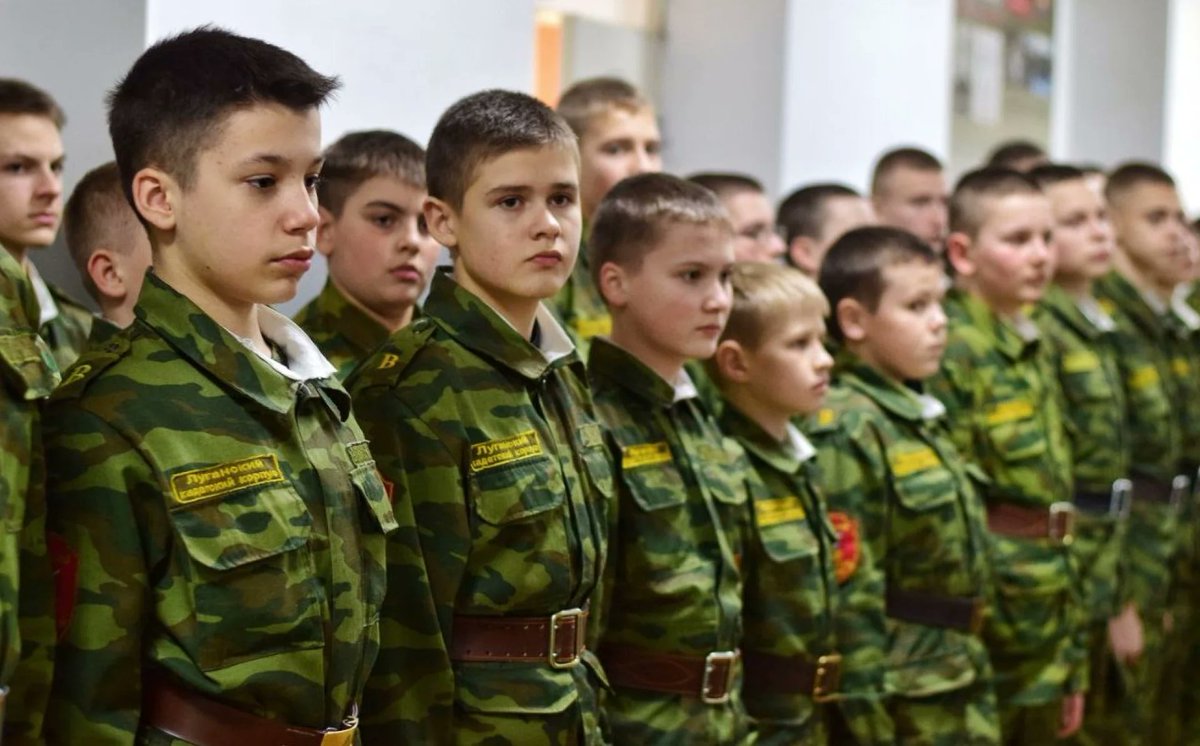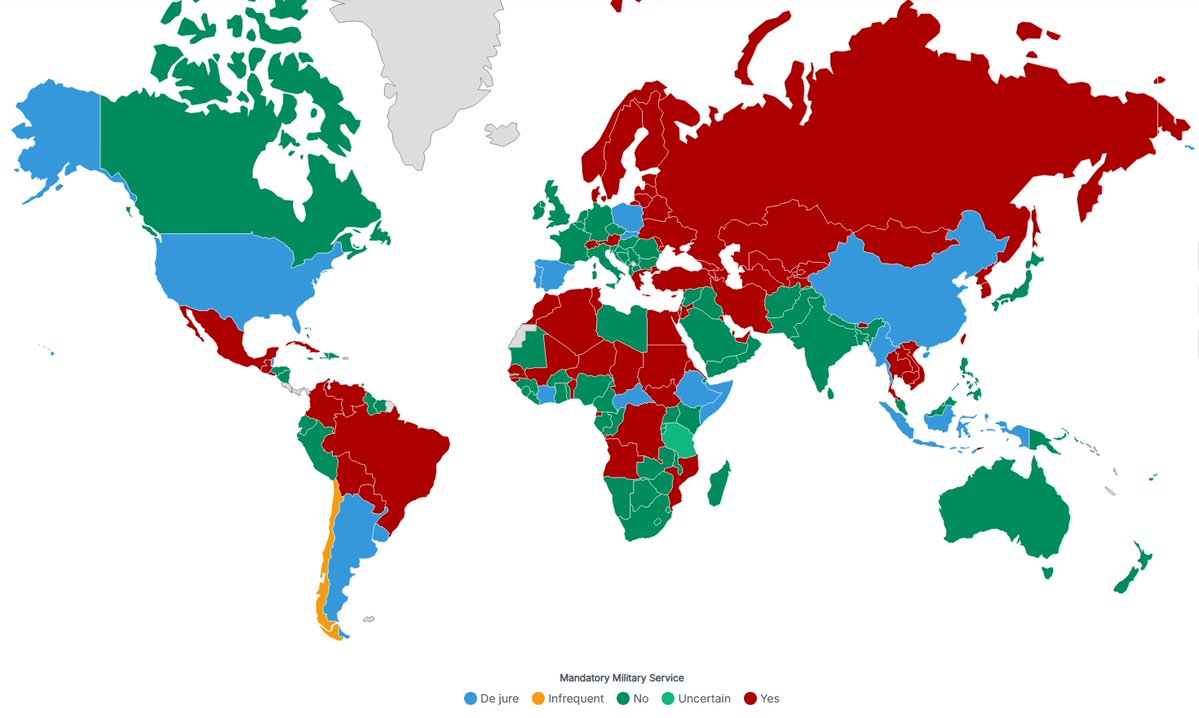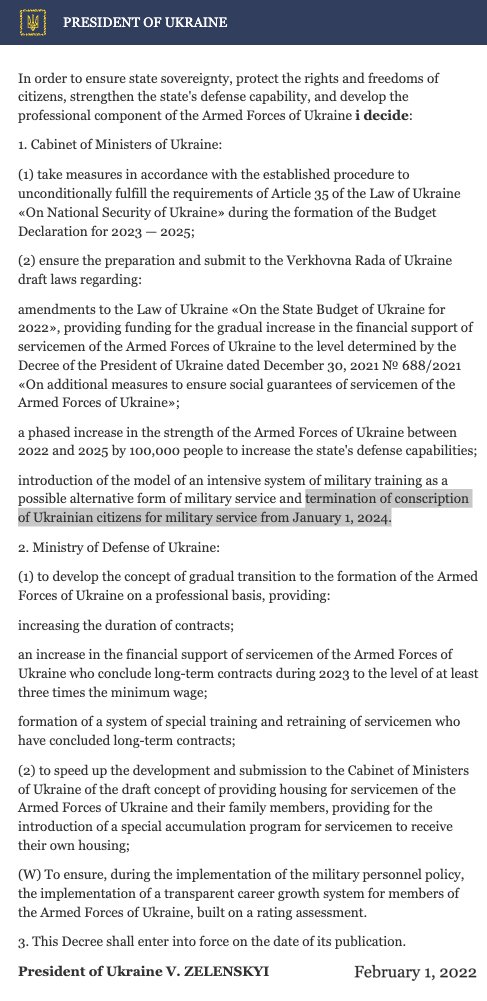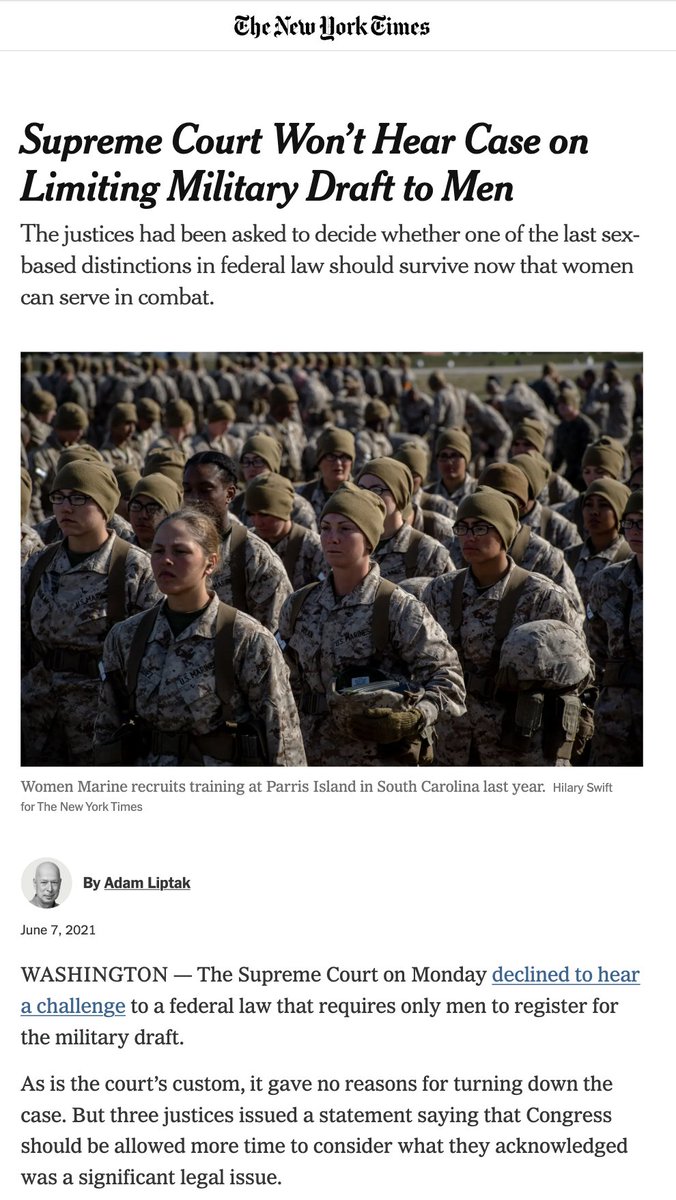In today's #vatniksoup, I'll introduce a Dutch politician and leader of the Party of Freedom (PVV), Geert Wilders (@geertwilderspvv).
He's best-known for his populist, anti-immigration and anti-Islam rhetoric, and for his warm and close relations to the Kremlin.
1/21
He's best-known for his populist, anti-immigration and anti-Islam rhetoric, and for his warm and close relations to the Kremlin.
1/21

After graduating from school, Geert dreamed of traveling around the world. He went to Israel and volunteered in an agricultural community known as moshav in an Israeli settlement in the West Bank. After saving some money, he also traveled extensively...
2/21
2/21

...to the neighboring Arab countries, calling them "magnificent countries" but also "chaotic". After returning home from Israel, he claimed to be having a "special feeling of solidarity" towards the country. Since then, he's visited Israel over 40 times.
3/21


3/21


After working in the health insurance industry for a while, Geert got interested in politics. He started writing speeches for the Netherlands' People's Party for Freedom and Democracy (VVD), after which he became parliamentary assistant to the party leader Frits Bolkestein.
4/21


4/21


Bolkestein was the first Dutch politician to talk about the consequences of mass immigration of Muslims for Dutch society, which Geert seemed to admire greatly. Wilders copied Bolkestein's confrontational speaking style and his anti-immigration rhetoric.
5/21
5/21

After becoming VVD's public spokesman in 2002, he became well-known for his criticism of Islamic extremism. He also resisted Turkey's entry to EU. Due to this, he was expelled from the VVD parliamentary party, only to form his own, Party for Freedom or PVV for short.
6/21


6/21


In 2005, Wilders published his political manifesto, suggesting changes like a ban on Islamic headwear in public, closing of all doors for asylum seekers, stop on enlargement of EU, ban on Islamic schools, and deportation of criminals with dual citizenship.
7/21
7/21

In 2014 elections for the EU Parliament, PVV received four seats & tried to form a new parliamentary group together with France's Front National. This coalition was then joined by Italy's Lega Nord & Austria's FPÖ. Each of these parties have had close ties to the Kremlin.
8/21




8/21




In Oct 2023, investigative journalism platform Follow the Money (@FTM_eu) published an article by @LaurensGR92 about Wilders' and PVV's connections to the Kremlin. The story was based on leaked documents that were allegedly hacked by a Ukrainian hacker group.
9/21
9/21

It exposed various collaborations between Russian officials and PVV members, and most of this was coordinated through the Russian Peace Foundation,a pro-Kremlin propaganda organization of the right-wing populist Parliamentarian Leonid Slutsky. The hacked documents showed,..
10/21
10/21

...that Slutsky and his foundation have influenced and bribed Western politicians and decision-makers for at least ten years. These people were invited to election observation missions, events promoting "traditional values", conferences and anti-NATO and anti-EU events.
11/21
11/21

The leaks also show that Wilders and PVV have tried to conceal its ties with the Kremlin. In one of the leaked e-mails from 2016, Wilders demanded that the general public would not see the Russian guests present at a meeting of European sister parties.
12/21
12/21

This collaboration was also evident from Wilders' and PVV's comments. In 2016, Wilders described Vladimir Putin as a "true patriot" and an ally in the war against Islamic extremism. In the same year, Geert opposed the Association Agreement between the EU and Ukraine.
13/21


13/21


In 2017, Geert claimed that there was "hysterical Russophobia" in the Dutch government and that he wanted to counter this. This was after The Dutch Safety Board had issued its final report on the downing of MH17, concluding the crash was caused by a Russian Buk system.
14/21


14/21


In 2018, he traveled to Russia and met with several senior Russian officials in the Duma. Before his trip, he tweeted "Russia. Moscow. Duma. Stop the Russiaphobia. It's time for Realpolitik. Partnership instead of enmity!" His trip was criticized harshly by the relatives...
15/21
15/21

...of Dutch victims of the MH17 disaster, blaming Wilders for disregarding the Kremlin's involvement in the tragedy. On the day Russia launched its full-scale invasion of Ukraine in Feb 2022, he tweeted "Do not let Dutch households pay the price for a war that is not ours."
16/21


16/21


Wilders' PVV supported a (unsuccessful) motion to declare Dutch neutrality in Feb 2022 and to end sanctions on Russia in June 2022. He justified this by the rising inflation and the European energy crisis, completely disregarding Russia's genocidal war in Ukraine.
17/21
17/21
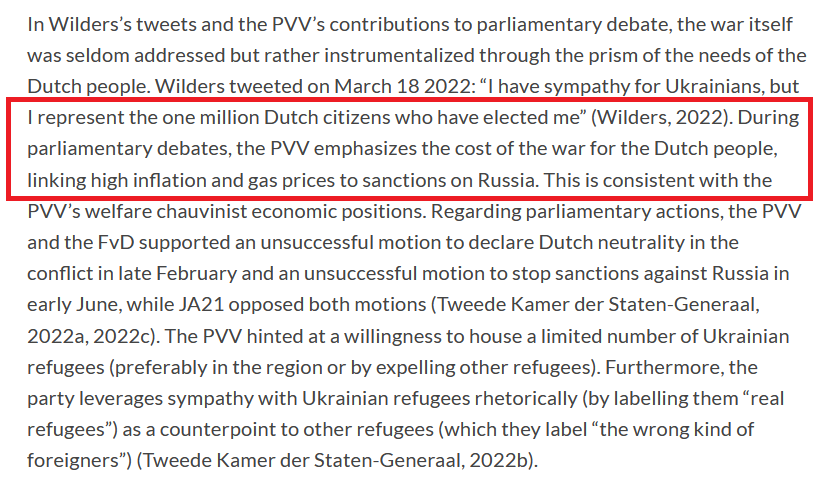
Later in 2022, Wilders and PVV condemned the invasion, but strongly argued against military aid to Ukraine. Recently, in one of the last debates before the recent Dutch election, Geert stated that he would not support sending Ukraine more weapon.
18/21
18/21

Does Wilders' win mean that the Netherlands will stop their aid to Ukraine? Probably not. They got 35 out of 150 seats in the Dutch Parliament, and PVV will have hard time making it to the government without watering down their political manifesto:
19/21
19/21
https://twitter.com/sjoerdeman/status/1727702338595389508
As a nation, the Dutch are overwhelmingly in favor of arming Ukraine. They were one of the first countries to promise F-16's to Ukraine, and even donated Ukraine tanks even though they don't even own any.
20/21


20/21

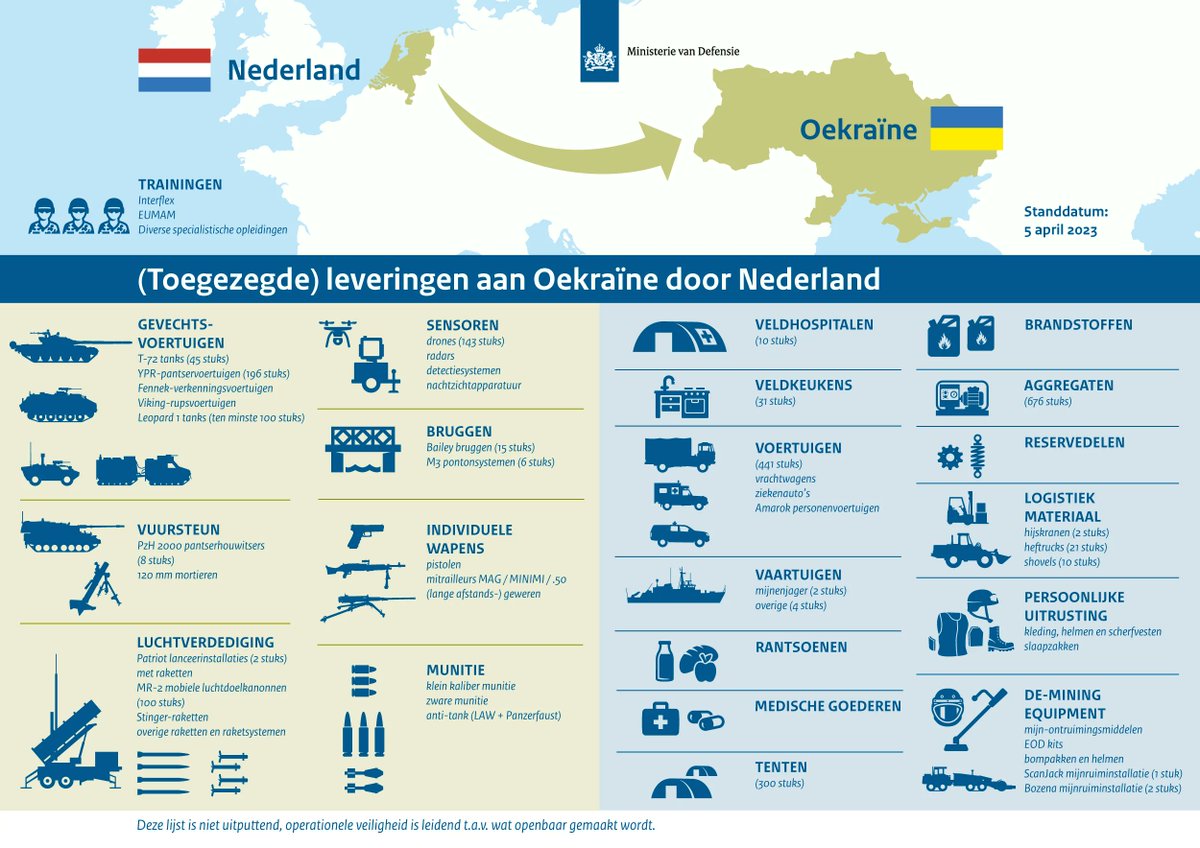
We should always respect the results of a democratic elections, but the Dutch election is still a wake up call for the whole of Europe - pro-Kremlin political parties have been extremely successful in EU and NATO countries like Hungary, Slovakia & now in the Netherlands.
21/21



21/21



I have paused personal donations for now, please support @U24_gov_ua by donating to the #HopakChallenge and sending me the receipt:
https://twitter.com/P_Kallioniemi/status/1727001859846730089
@Trinityaudiobot
CORRECTION: PVV has 37 seats instead of 35. Thank you to @hanksetank (and others) for pointing this out!
• • •
Missing some Tweet in this thread? You can try to
force a refresh


